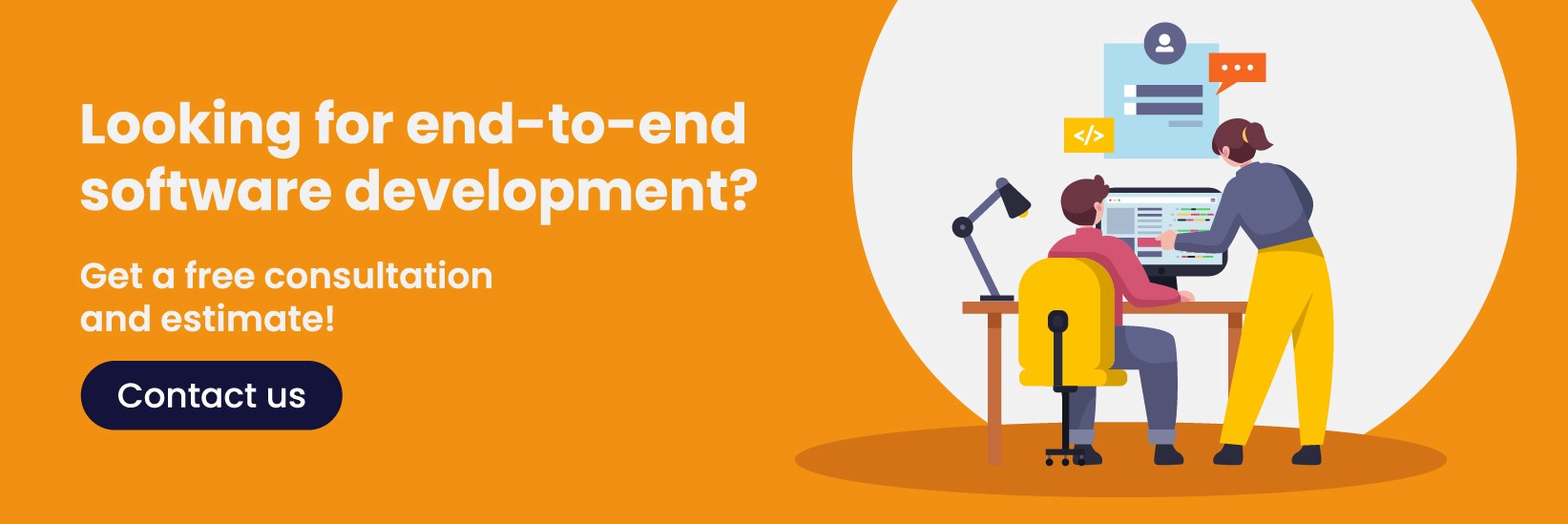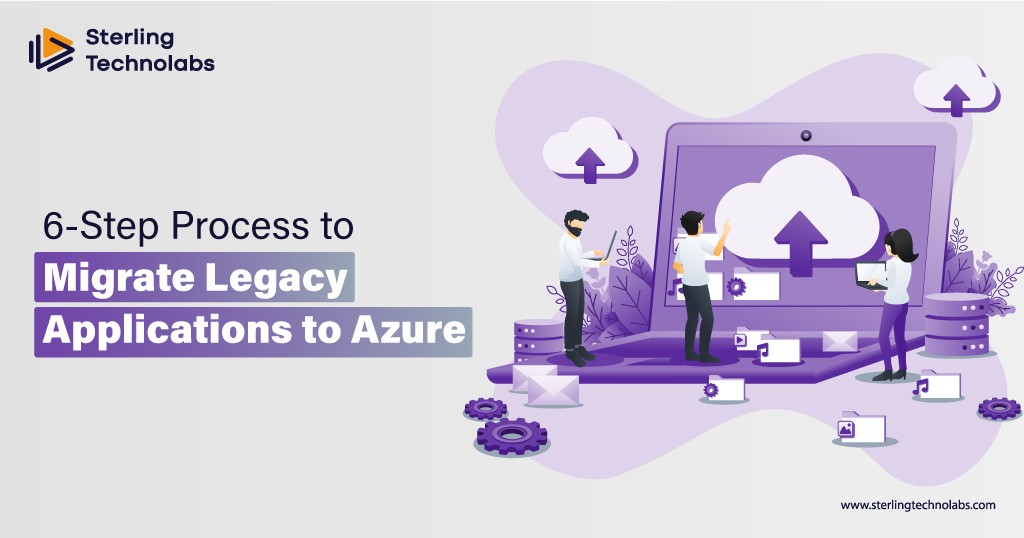
Technology is now essential in daily life. Businesses, schools, and families rely on it to do tasks, simplify operations, and boost efficiency. Behind all of this hardware is the software that ensures computers perform properly. Because there are so many different types of software, professionals interested in a career in software development must understand the many types and their applications.
In this post, we will look at what is computer software and its types, as well as the two basic forms of software and their differences.
What is meant by a software program?
A software program is a collection of instructions. It has methods, modules, data, and documentation. These enable a specific type of computer operation. This set of instructions lets the user interact with the computer. Software programs have grown over time to become more complicated, improving software functionality, accessibility, performance, and maintainability. Which are further divided into software application categories.
Today, programs can do many predefined jobs. They make life easier and help organizations grow. They also help organizations interact with clients. If you want to work in software development, you must have extensive understanding of computer programming, coding, testing, and debugging. The following are the types of software in computer system discussed.
Different types of software

System software
System software is the program that controls a computer's apps and hardware. It is a platform for other software to run on. It governs computer hardware. So, it is a crucial part of any computer program. Microsoft Windows serves as an excellent example of system software. It runs in the background and provides minimal functionality. Here are some alternative system software for you to consider:
Operating System
An operating system is a set of software that offers general functions to the apps that run on it. It gives the user a graphical interface. The interface is for doing things like organizing files and directories. Every technical gadget, whether a phone or a laptop, requires an operating system to work properly. There are several sorts of operating systems. These include given out, real-time, single-user, mobile, and embedded.
Utility software
Utility software helps to optimize, analyze, maintain, and configure a computer system. They improve the operation of a computer by supporting its infrastructure and determining its trajectory. Utility software includes compression tools, antivirus, disc cleanup, and defragmenters.
Firmware
Firmware is a form of system software that resides on a computer's chipset or motherboard. As a result, it is regarded as permanent unless updated via a firmware update mechanism. Firmware software offers critical information about how a gadget interfaces with other hardware, ensuring that it operates directly. The common examples are Computer peripherals, UEFI, and Consumer applications.
Device drivers
Device drivers are pieces of software that control specific devices and peripherals. They get data from the operating system. They give it to the hardware platform, telling it to do a task. It's vital to know that some gear, including sound cards, printers, mouse, and keyboards, require drivers to function. If you install the incorrect program or device driver, it will not function properly. Today's computers install and maintain drivers automatically, ensuring that your computer has all of the software it needs to function properly. Common examples of driver software are USB, Printers, Sound Bars, etc.
Application software
Application software assists end users in a variety of tasks such as setting alarms, performing online research, playing games, and performing calculations. This program sits above the system software and performs specialized functions. Word, for example, is a document-specific tool, but browsers are used to access the internet.
Application software is also known as 'non-essential software' because its absence has no effect on a computer's functionality. Here are some types of application of software:
Word processors: This program allows the user to create, store, format, and print documents.
Presentation software: software used to present the data and information in an attractive manner.
Spreadsheet software: the data collected in the sheet for getting the stats and doing analysis can be done through this. You can also do accounting with these software's.
Graphics software: This program enables the end user to modify or alter visual pictures and data.
Web browsers: This software enables the end user to search the Internet for information.
Education and information software: This type of software allows users to learn and get information about a specific subject.
Database software: it helps you to construct and manage databases. They assist end users in organizing their computer data.
Multimedia software: it enables the end user to play, create, and record audio, image, and video files. It can be used for graphic design, animation, video editing, and image editing.

Other types of Software's
Freeware
Freeware software refers to any program that is provided for free. Anyone can download and use the software for free, but this does not provide you the right to modify or share it as you see fit. Freeware creators do not reveal or expose their source code, and most only allow end users to use their freeware under particular conditions and restrictions.
Programming software
Programming software lets programmers design, debug, and maintain other software. During the software development procedure, programmers use English-language programming software to write code that is then converted into machine code. Programming software includes debuggers, compilers, assemblers, and interpreters. These are high-level, robust, and industry-standard programming languages that programmers utilize to construct today's sophisticated applications. It uses languages like python, notepad, atom, etc.
Open source software
Open-source software is defined as any software that is available to users with source code. This means users can change the software to their liking. They can add new features or release it for free. Although open-source software stimulates app creation, the majority of them limit what other developers can do with the code. So, while you can modify the software, there are limitations. It's worth noting that open-source software can be either paid or free, based on the developer.
Closed source software
Closed-source programming is any software that is offered to users but does not provide the source code. Closed-source developers encrypt and hide their original code, and their software licenses are strict. For example, users are not permitted to crack or copy the code, and they may use the program commercially or privately as long as they have paid the requisite cost. Skype is an excellent example of closed-source software.
Why does your business need software?
This was the importance of software applications in general. Why do firms need application software? One of the most obvious reasons to choose system software is that it allows you to separate yourself from competition. After all, one piece of software can provide a slew of advantages, including improved client experiences, a more feature-rich and inventive experience, and making the present setting more tech-savvy.
Incorporating custom web application development for your business will also improve your decision-making at all levels, in addition to keeping appropriate information. To put it another way, modern application software includes data analytics. All of the data/information has been acquired, but when integrated with the appropriate system software, organizations can keep a close check on their valued customers.
Today's businesses require specific software to function and expand successfully. In the majority of businesses, efficiency and profitability go hand in hand. The rapid and accurate completion of specified activities can mean the difference between breaking even and making a profit. Further below, we'd like to discuss why software development is critical for every small, medium, and large businesses.
The availability of cross-platform support is one of the most important aspects in a company's decision to hire a software development services provider. A firm may be unable to construct a useful website or app if the software is only compliant with one platform. It is critical to types of app software that are compatible with all platforms available on the market. Businesses can either outsource or collaborate on cross-platform software development.
Your organization has various procedures in place, each of which requires monitoring. Depending on your requirements, many types of software might help you automate your organization. This will have a significant influence on your business. It helps you generate leads while also providing an excellent client experience.
Conclusion
Computer software provides both full product support and quality assurance. Custom development solutions enable experts to provide regular maintenance. They also offer thorough technical assistance as needed. A tailored solution for your organization means having quick access to the support staff of your software company.
Hire dedicated software developers. They will help you with robust app development. This will give you a leg up on enterprises using off-the-shelf software. Our experts help you with tailored development. This is great for businesses aiming to boost their value. It's also good for long-term, highly specialized goals.


No comments:
Post a Comment